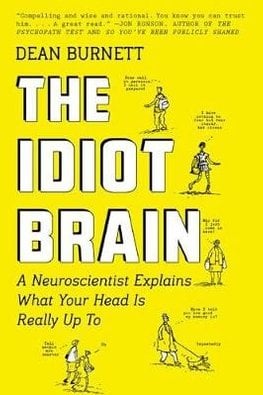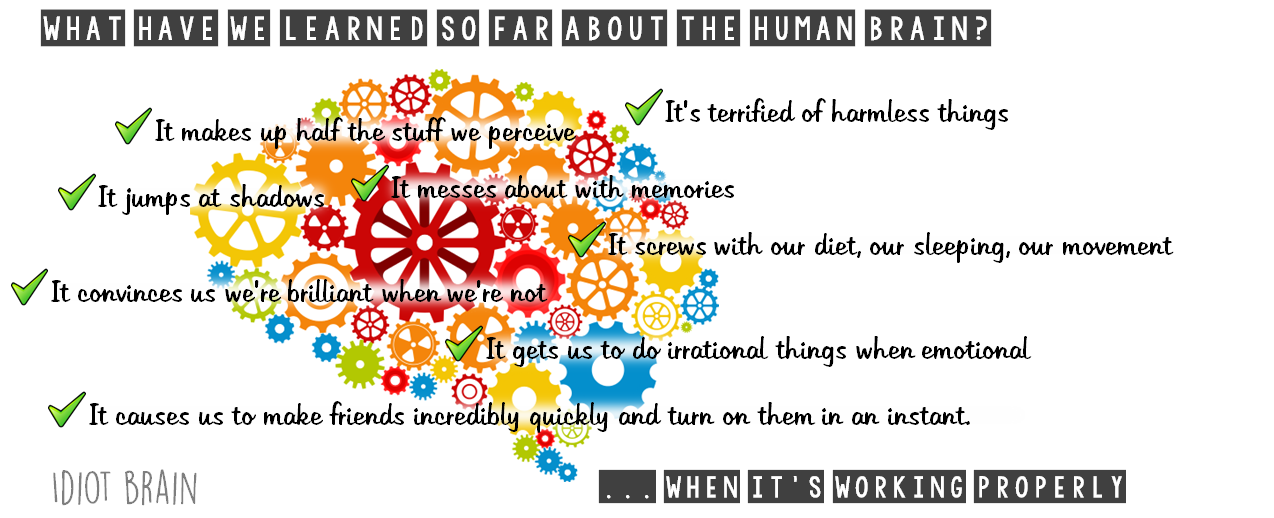
Burnett’s compassion for people who have mental health problems including (but not limited to) depression, anxiety and schizophrenia really shines though the text.


Naturally I was most interested in the chapter on mental illness, which Burnett covers not just in terms of the scientific/medical model, but also in a very human way. Links to ordinary experiences we have all had helps this book be very relevant to what actually happens in everyday life, and could be an excellent springboard if you would like to study further (the reference list is excellent). There are sections which describe the specific structures in the brain and neurological interactions which might be a little difficult to get to grips with, but not knowing what some of these things are will in no way stop a reader from understanding the concepts Burnett is explaining. It is laid out in sections corresponding to different aspects of how the brain works, but clearly shows by careful linking of material that the brain isn’t that straightforward – the interactions between the various parts and processes can have some fascinating (and sometimes rather amusing) results.ĭean Burnett writes as though he is talking to you, which makes the text clear and straightforward. This is lucid, funny and smart: in short, the best kind of popular science.I’ve enjoyed Dean Burnett’s Guardian column for a while, so I looked forward to reading his first book, The Idiot Brain.

It’s undeniably impressive, but it’s far from perfect, and these imperfections influence everything that humans say, do and experience.

The brain may be the seat of consciousness and the engine of all human experience, but it’s also messy, fallible and disorganized.


 0 kommentar(er)
0 kommentar(er)
